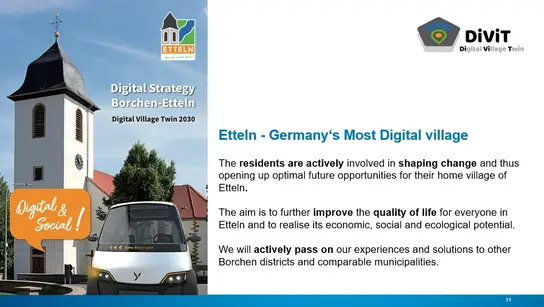Slides for Webinar: Application of Adaptive Hybrid Deep Learning for Power System State Estimation
Qun Zhou
-
Members: FreeSponsoring Society
IEEE Members: $11.00
Non-members: $15.00Pages/Slides: 1
28 Nov 2018
Deep learning is powerful in data-driven applications, such as computer vision and natural language processing. Power system state estimation is data-driven in nature as the amount of measurement data is rapidly increasing with emerging sensing technology. This research explores the possibility of applying deep learning for power system state estimation. The proposed adaptive hybrid deep learning model, which incorporates the physical power flow mode, is both data driven and first principle based. It is trained in real time and intended for online state estimation. Conventional state estimation is considered as single-snapshot, which estimates system variables by only using the measurement data at the moment. In fact, power system states are intrinsically correlated in time, but the true dynamics are very challenging to model. In this research, deep learning is employed to learn this dynamics and temporal correlations are explored among historical measurements. Two deep learning networks, feedforward neural net and long short-term memory net, are investigated. Results are presented in IEEE 14-bus and118-bus systems in terms of accuracy and robustness. The applicability and potential challenges are discussed.
Primary Committee:
IEEE Smart Grid Webinar Series


